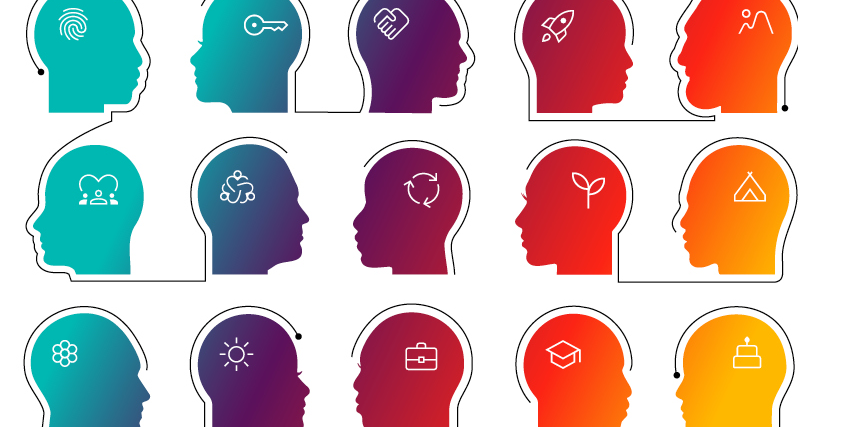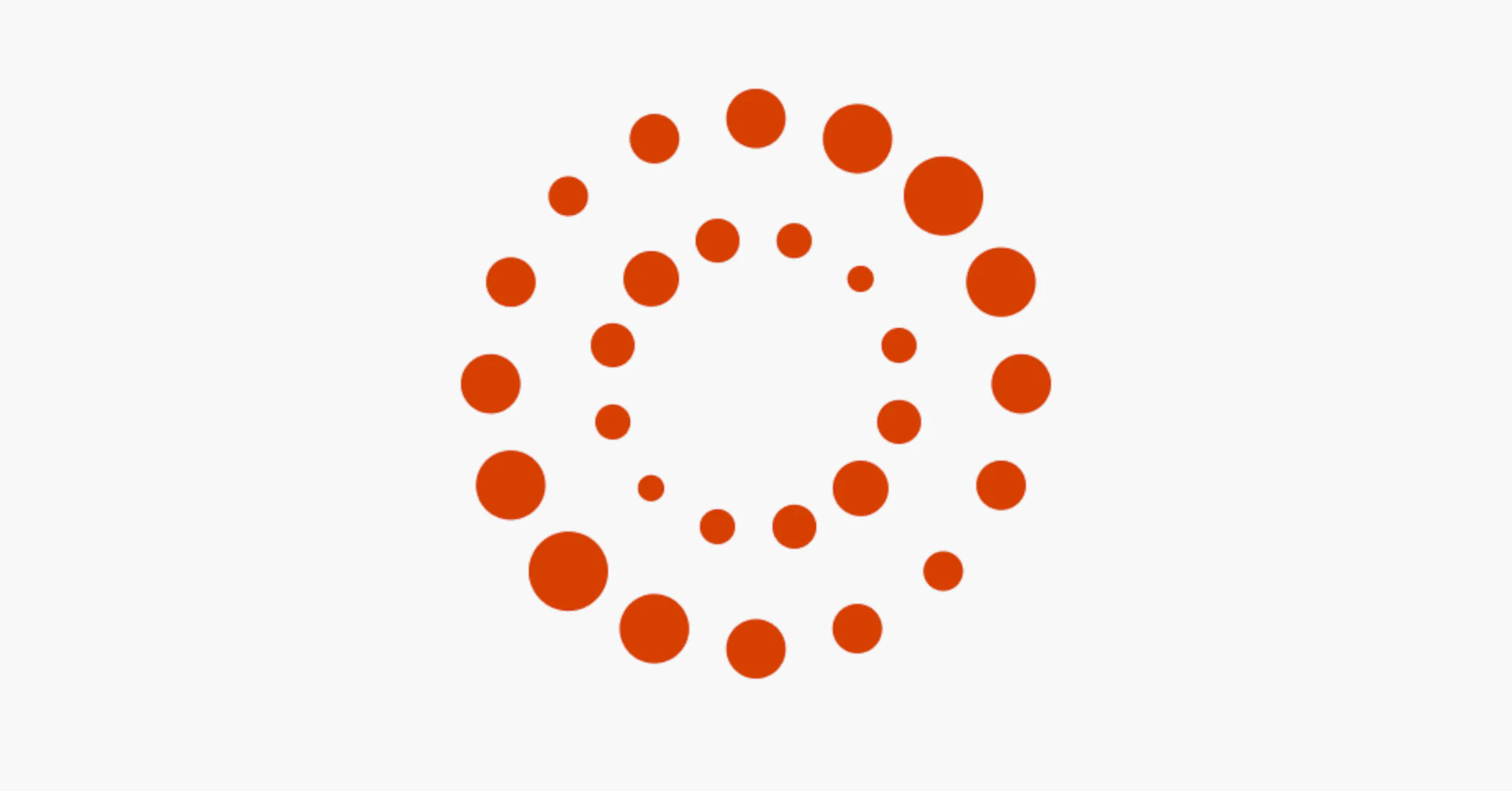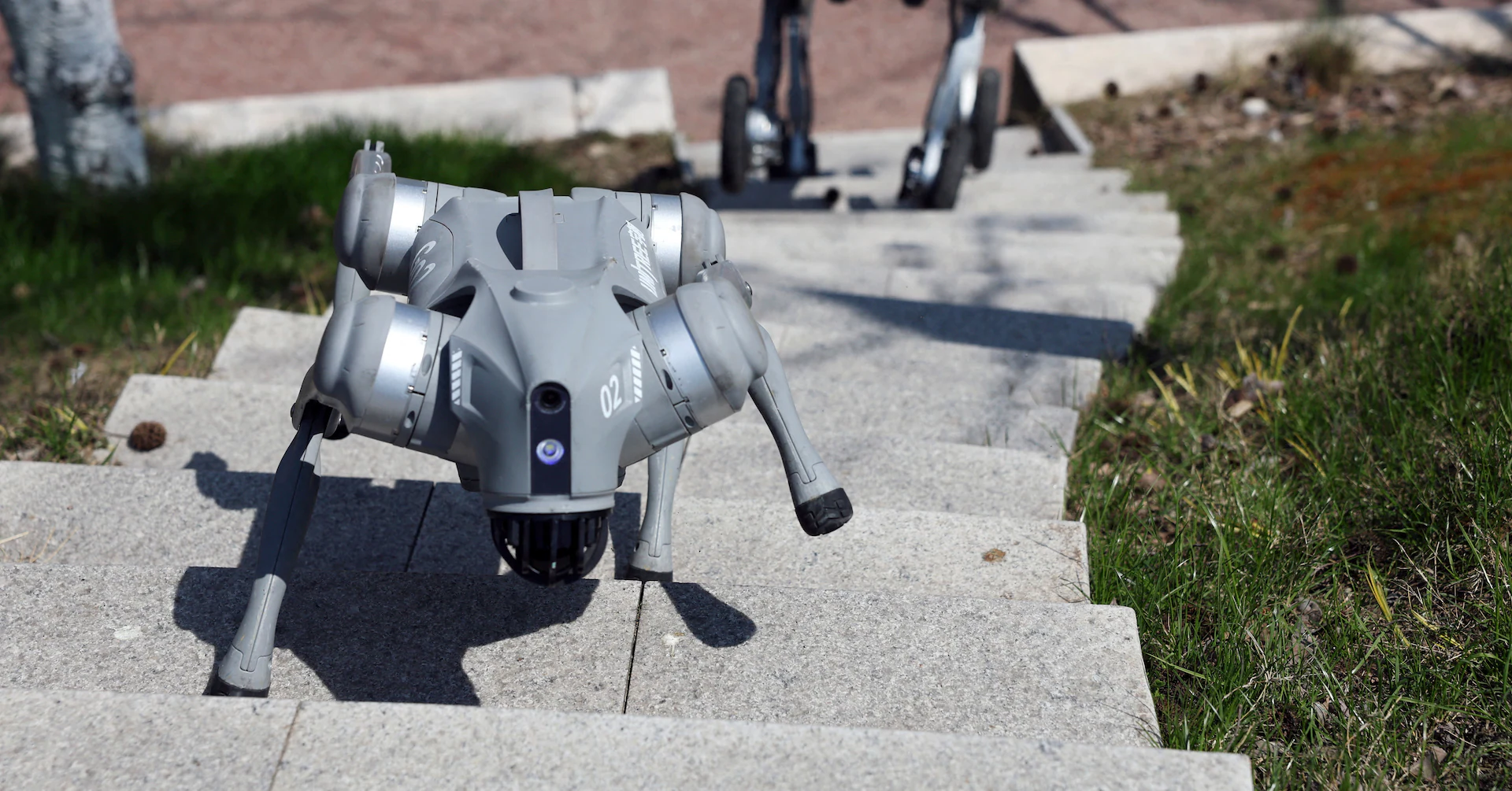Copyright business-review

The Adecco Group (SIX: ADEN), a global talent and technology advisory company today announced the release of its sixth annual Global Workforce of the Future report, titled Humanity at work: How to thrive in the AI era. The report uncovers how AI, purpose and human connection are reshaping work – and what leaders should do to keep pace amid workforce transformation. Drawing on insights from 37,500 workers across 31 countries and 21 industries, the report reveals as AI tools and agents gather pace, workers say they are saving an average of two hours per day. These perceptions of productivity gains are at odds with the reality experienced by many organisations, which suggests a disconnect. Among the key findings, the Adecco Group’s research detects that employees view AI as a defining force at work in 2025, overtaking economic uncertainty and flexible working as the top workplace influence. Additionally, confidence in AI usage has surged with a staggering 71% of respondents suggesting that nothing holds them back from using AI, a significant jump from 19% in 2024. In Romania, employees are optimistic about the role of AI in the workplace, seeing technology as an opportunity for growth rather than a threat. Nearly half (48%) believe AI is creating more jobs, and 58% say roles are evolving — while only 19% anticipate job losses. Key findings of the Global Workforce of the Future report, relevant to Romania: Workers are embracing AI, but they need a clear purpose to build resilience: Romanian employees see AI as an opportunity rather than a threat — 48% believe it’s creating new jobs. Yet only 32% feel a strong sense of purpose daily, highlighting the need for more professional growth opportunities to stay motivated in the new world of work. Employees must understand the value of their work to maximise skills development AI helps save time — an average of 66 minutes per day — but only one in three employees can measure their true impact. Clear expectations and support for continuous learning are key to turning this productivity into progress. Human connection builds trust for a responsible redesign of work AI adoption is accelerating, but trust remains low: Romania’s AI trust score is just 2.3/10. Building collaboration and transparency will be essential to ensure technology enhances, not replaces, the human experience at work. Commenting on the findings, Denis Machuel, Chief Executive Officer of the Adecco Group, said: “AI is now a daily reality with workers’ optimism about its potential increasing. However, technology in itself is not enough to drive change – people remain at the heart of every transformation. To turn efficiency into business impact, leaders must also invest in training and engagement to unlock value. Organisations must ensure that employees have the confidence and know-how to engage meaningfully with AI. When used strategically, AI can be powerful and ultimately empowers individuals, strengthens trust and creates better work environments for everyone.” The future-ready worker The research further highlights that ‘future ready’ workers – those proactively upskilling and adapting to new technologies – are benefiting from clearer objectives and skills-based career support. “Future-ready workers thrive when they have clarity, measurable goals, and continuous learning opportunities,” added Daniela Seabrook, Chief HR Officer of the Adecco Group “Employers must provide the right tools, training and ethical frameworks so that AI becomes a driver of growth and human potential – not a source of uncertainty.” While optimism is high, uncertainty remains. While 76% anticipate AI will create new jobs and 70% expect job re-architecture, 23% fear job loss and seek reassurance. Seabrook comments “To build a truly future-ready workforce, employers must provide clarity on how roles will evolve, and which skills will matter most.” Despite the time saved through AI, the report found that one-third of workers spend that time on the same or more mundane tasks. To channel this efficiency into engagement, employers must help workers measure the impact of their work and transition to more meaningful, value-adding tasks. In Romania, although employees estimate they save around 66 minutes per day thanks to AI, only one-third can confidently measure the impact of their work, and just 31% plan to take greater control over their skills development. Purpose and career development drive retention Findings indicate that a clear sense of purpose is a powerful factor retaining talent. Workers who understand how their role contributes to company strategy are significantly more loyal: 99% of those who feel a strong sense of purpose every day plan to stay for the next 12 months, compared to just 53% who never feel it. Career development is also a growing priority; one in three workers would stay with their employer if offered clear progression opportunities—up from 22% last year. In Romania, purpose and development remain key challenges. Only 32% of Romanian workers feel a strong sense of purpose at work every day (vs. 46% globally), and most believe that more professional growth opportunities would strengthen that sense of purpose. Trust and human connection in an AI-driven world In Romania, AI adoption is accelerating — 36% expect AI agents to be integrated into their workflows within a year — but trust levels are low, with a national AI trust score of 2.3/10 compared to 4.5 globally. Only 16% of employees are involved in redesigning their work with AI (vs. 30% globally), underscoring the need for more collaboration, transparency, and communication from employers. Overall, Romanian workers are embracing AI and technological change, but they need clarity of purpose, measurable impact, and human connection to build trust and resilience in the new world of work. “Romanian employees are open to innovation and see AI as an opportunity to grow, but this transformation must be guided with purpose, trust, and continuous learning. At Adecco, we believe that technology should empower people, not replace them. Our role is to help organizations and their teams build the skills, confidence, and human connection needed to thrive in the new world of work,” adds Francesco Zacchetti, Country Manager Adecco Romania. The Global Workforce of the Future report is available here.



